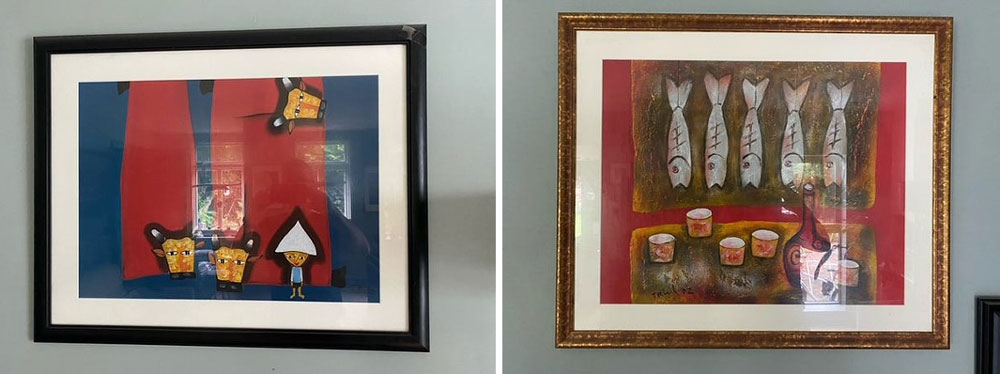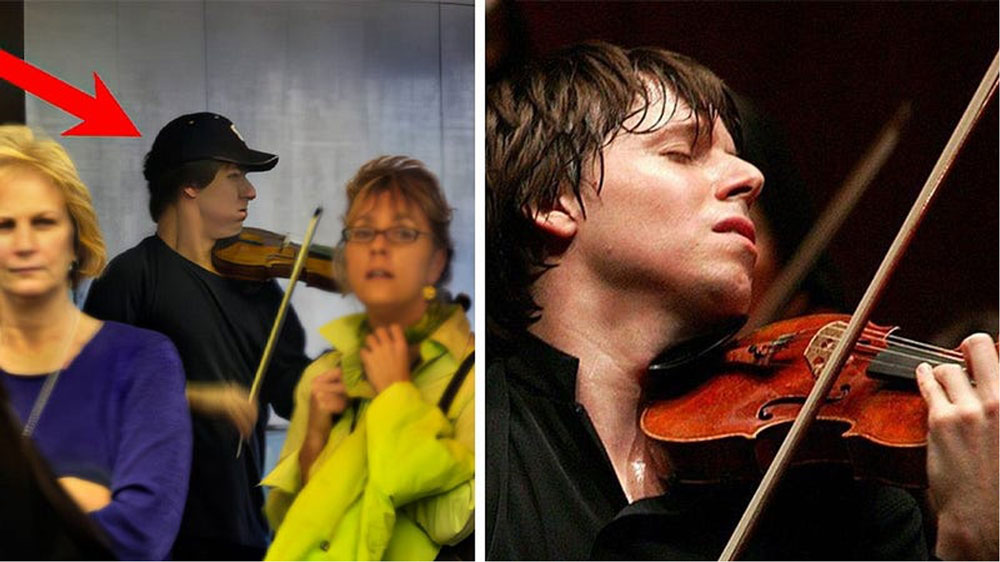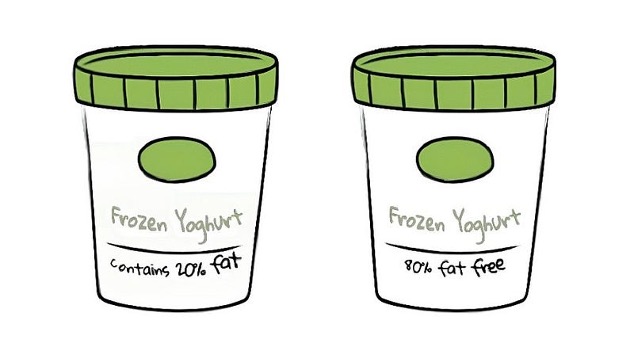A world of fast answers needs better questions, and of course better frames, writes Dave Tallon.
Let’s start with questions….
Growing up I was a pain in the ass (still am). I asked an annoyingly large amount of questions (still do). We all did. We were fearless, curious, hungry, learners. Then we grew up. And mostly stopped asking. We found that the world sees them as burdensome. Annoying. It prefers answers. Which we now have in seconds. So fast, we don’t have to slow down. Or think. All juice. No squeeze. Fast answers to bad questions. With little insight. As the Rime of the Ancient Mariner goes, “water water everywhere and not a drop to drink”. But answers can be a prison. Especially quick ones. And a better future, depends on better questions. Which starts, with better frames.
So let’s talk about frames…
In 2007, myself and my long suffering wife holidayed in Vietnam. It was lovely, thanks. Food was amazing. Everything was cheap. In the town of Hue, we picked up two original oil paintings for pittance (and an odd 3 piece suit, but whatever). They were cool, and when we got home we got them professionally framed. The frames focussed on their unique characteristics, and elevated them. They cost more than the paintings, but still hang on our wall. And still look good (imho).
This is them. Still hanging on the wall. (I’m not a professional photographer, as you can see)
That same year world famous violinist Joshua Bell, as part of a social experiment, busked in a Boston subway in disguise. He played some of the most complicated music ever written, on a violin worth €4 million. But out of the 1,097 passers-by, only 7 stopped. He made $52. Two days prior, he’d sold out a Boston theatre at $100 a ticket.
Point is, frames matter…
Good ones help. Bad ones hinder.
In construction, frames provide support and structure. And frames, like above, change how we see and value things. In strategy and comms, framing or re-framing problems just like the paintings, focusses attention on different things. Tversky and Kanheman’s work on framing effects, shows that we react differently to choices, depending on how information is framed. 80% fat free yogurt is a thumbs up. Yoghurt with 20% fat, a thumbs down.
Frames change our perspective…
Like the famous slow elevator problem. Is the problem a slow elevator? Or a boring journey? Different frame, different answer.
Or there’s moral re-framing. Which is aligning more persuasively with the moral values of the audience. So for a conservative audience instead of framing pro immigration policies as compassionate, we might reframe them as economically progressive, enabling self-reliant hard workers to contribute.
Frames ask different questions, and get different answers….
Last year 499 rhinos were killed in South Africa. 11% up on 2022. Horrible. Growing Asian demand has meant it can make poachers up to $400,000 per kg. They’ve tried everything to stop the poachers. But recently, researchers reframed the problem. Instead of focussing on the poachers, what if they focussed on the horns? What if they were poisonous to consume for humans? So now, they’re implanting radioactive isotopes into the horns, making them useless to sell, but harmless to the rhinos. A smart reframe.
Similarly, in Italy 25 small local towns reframed the issue of depopulation and degeneration. Despite the towns and buildings being old and attractive, young people want to live in cities. So they’re falling apart, and residents are dying out. But instead of focussing on convincing young people to stay, what if they got outsiders in? Let them regenerate the towns. So, they gave away the empty abandoned houses for $1 to foreign buyers, who’d in turn renovate them, and repopulate and revive the towns. Magic.
Same problems. Different frames. Better questions. Better answers.
From brainstorms to framestorms…
We’re all eager to please. And when given a problem to solve, we’ll race to solution mode. We’ll think in answers. We’ll “brainstorm”. Our thoughts will converge. We’ll follow familiar paths. Which is exactly when we need to pause, and take a step back. Instead of brainstorming, maybe we need to “framestorm” (via Michael Watkins author of The Six Disciplines of Strategic Thinking). Apply more creative thinking and time upfront. Bring outsiders in. Get people to properly define the problem. Reframe it in new ways. Ask more “Why’s”, “What if’s…” and “How Might We’s…” Zoom out. Zoom in. Flip it. Reverse it. Expand it. Contract it. And on and on. You get it.
55 Minutes…
Einstein said if he had an hour, he’d spend 55 minutes on the problem, and five on the solution. He was knee deep in questions, frames and reframes. And our understanding of the world is all the better for it. So, before belly flopping into the next problem, pause. Take the time, to consider how the problem is framed. Ask yourself if there’s a better frame….that asks a better question? Your answers will be all the better for it.



























